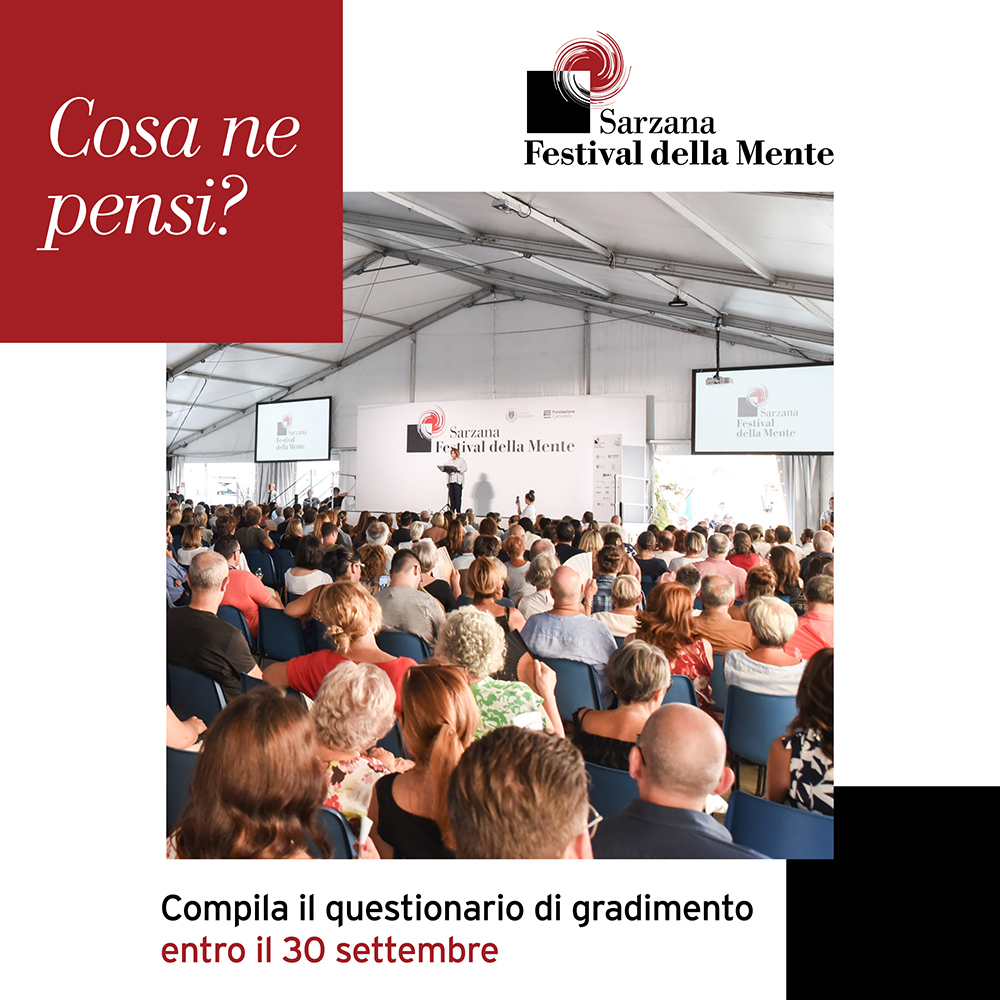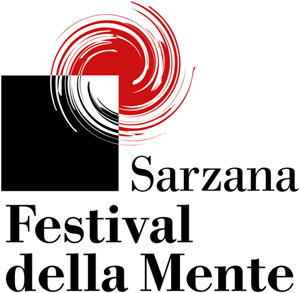2012 Programme
Event #2
Marco Santagata
Dante: an egocentric or a prophet? Creativity and writing as a mission
Ever since his youth, Dante Alighieri felt his fate was predetermined: in what he saw, did or said—whether in love, in the death of his beloved, in his political defeat or in exile—he would see a sign of destiny, the shadow of an unavoidable fate, the trace of a superior will. Personal fortunes and misfortunes took on the hallmark of exceptionality and necessity. Tank to his unshakable self-esteem he could turn his frustration, insecurity, and acute feeling of social inadequacy into elements of strength, so much so that in the Divine Comedy he reiterated his belief that he was a prophet entrusted with the mission of saving mankind. His universal masterpiece, therefore, in addition to being inextricably linked to the events of his personal life, was influenced by his innermost and contradictory psychological drives.
https://www.festivaldellamente.it/it/live-streaming-alessandro-barbero/Event #3
Anna Salvo
Sorrow is like a telescope that helps us look into the distance: creatività and suffering

Event #4
Andrea Moro
I speak, therefore I am Like the starry sky: visions of language across the centuries

Event #28
Mauro Agnoletti, Ilaria Borletti Buitoni
Culture, environment, landscape. For a possible, sustainable future






















